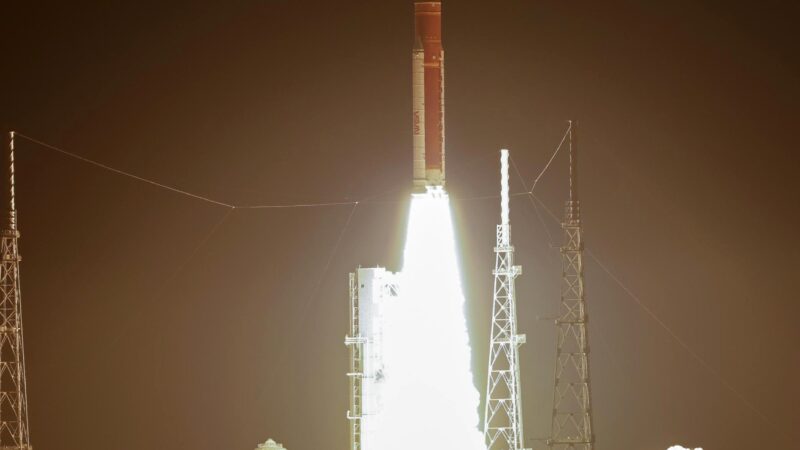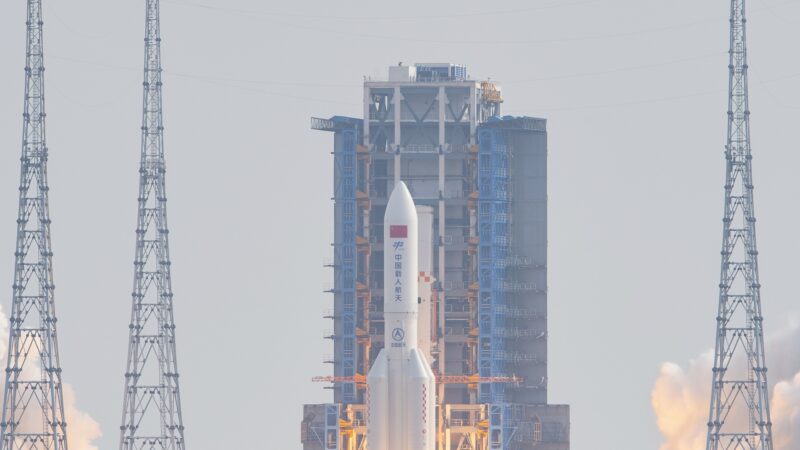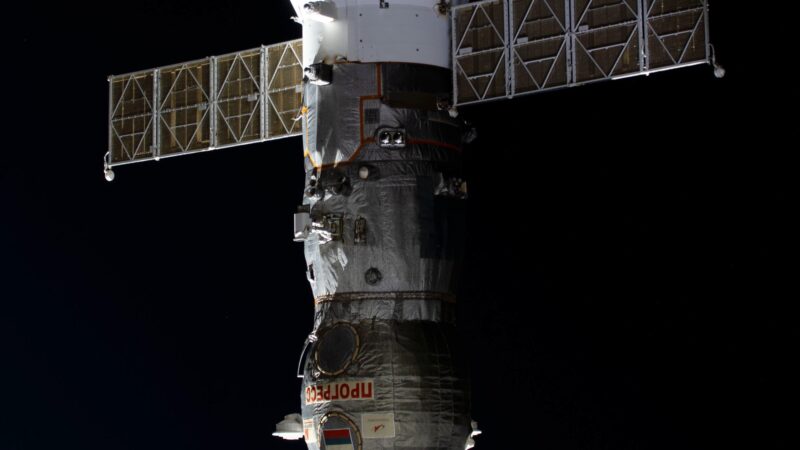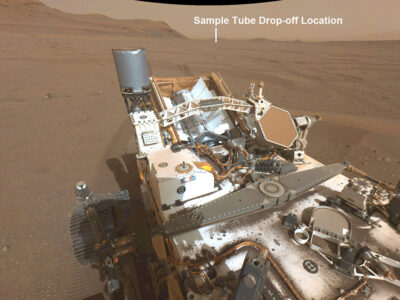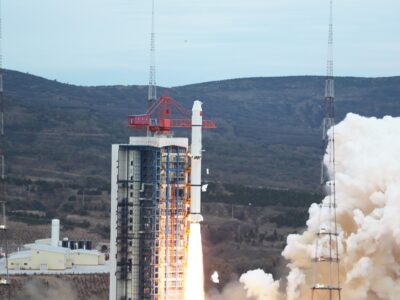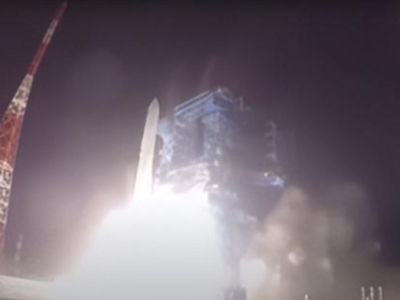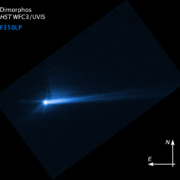One more star! Russia launches Glonass-K navigational satellite
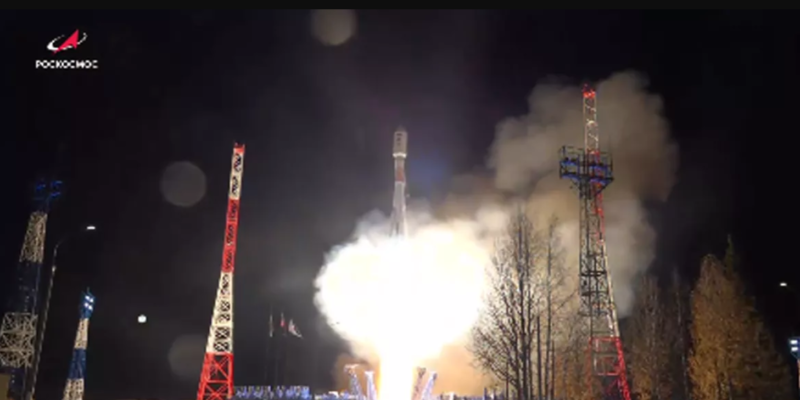
Overview
A Fregat booster successfully delivered a Glonass-K navigational satellite into the designated orbit.[1]
GLONASS
GLONASS (ГЛОНАСС, IPA: [ɡɫɐˈnas]; Russian: Глобальная навигационная спутниковая система, tr. Global’naya Navigatsionnaya Sputnikovaya Sistema, lit. ‘Global Navigation Satellite System’) is a Russian satellite navigation system operating as part of a radionavigation-satellite service. It provides an alternative to Global Positioning System (GPS) and is the second navigational system in operation with global coverage and of comparable precision.
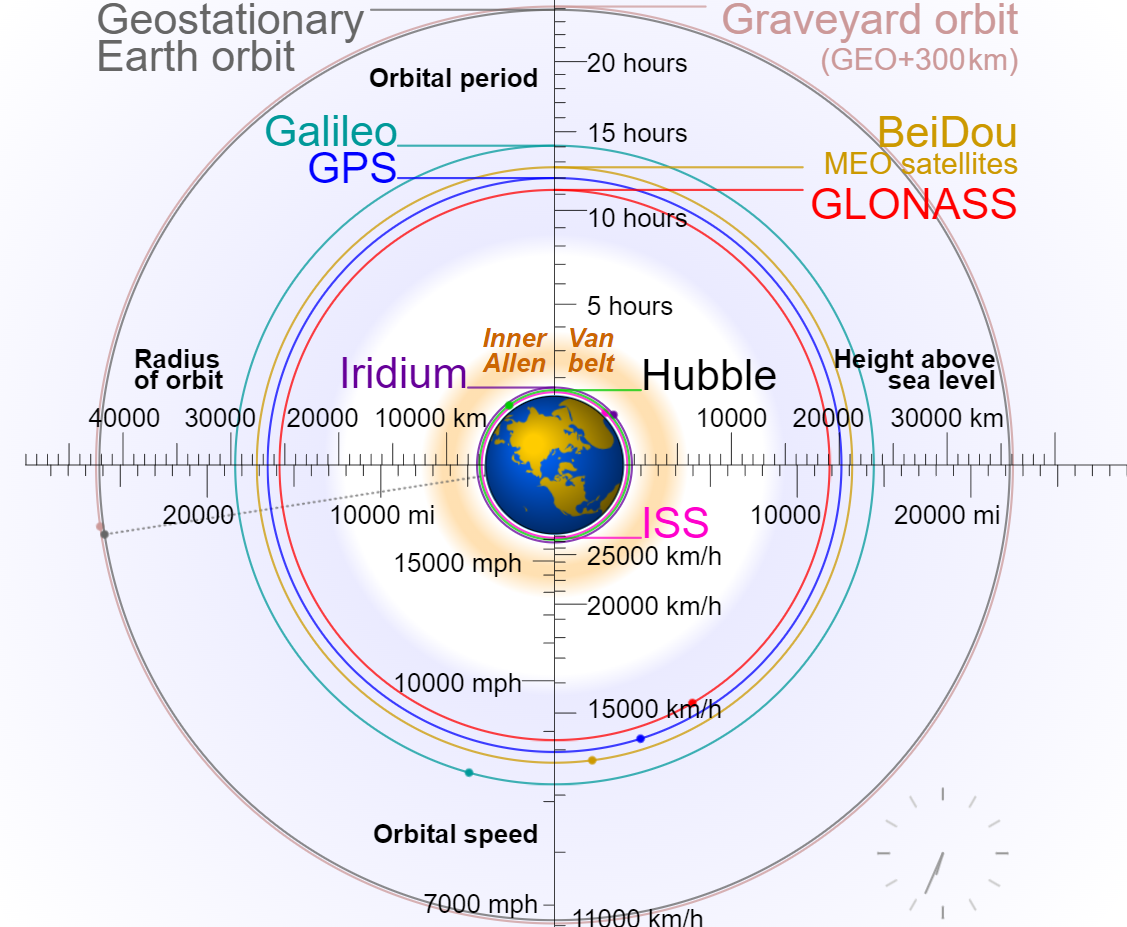
Orbit size comparison of GPS, GLONASS, Galileo, BeiDou-2, and Iridium constellations, the International Space Station, the Hubble Space Telescope, and geostationary orbit (and its graveyard orbit), with the Van Allen radiation belts and the Earth to scale.
Detail
“A Soyuz-2.1b medium-class carrier rocket that blasted off at 05:52 a.m. Moscow time on October 10 from the Plesetsk spaceport in the Arkhangelsk Region successfully delivered a Russian Glonass-K navigational satellite into the target orbit at the designated time,” the ministry said in a statement.
The liftoff of the Soyuz-2.1b carrier rocket and the delivery of the Glonass-K navigational satellite into the designated orbit by the Fregat booster proceeded in normal mode, the ministry said.
The ground-based facilities of the Russian Aerospace Forces assumed control of the Glonass-K navigational satellite delivered into the designated orbit.
“The Russian Glonass-K navigational space vehicle launched on Monday, October 10, from the Plesetsk spaceport by a combat team of the Space Troops of the Aerospace Forces was delivered into the target orbit at the designated time and placed under the control of the ground-based facilities of the Titov Main Testing Space Center of the Aerospace Forces’ Space Troops,” the statement says.
Stable telemetry communications have been established and are being maintained with the satellite. The space vehicle’s onboard systems are operating in normal mode.
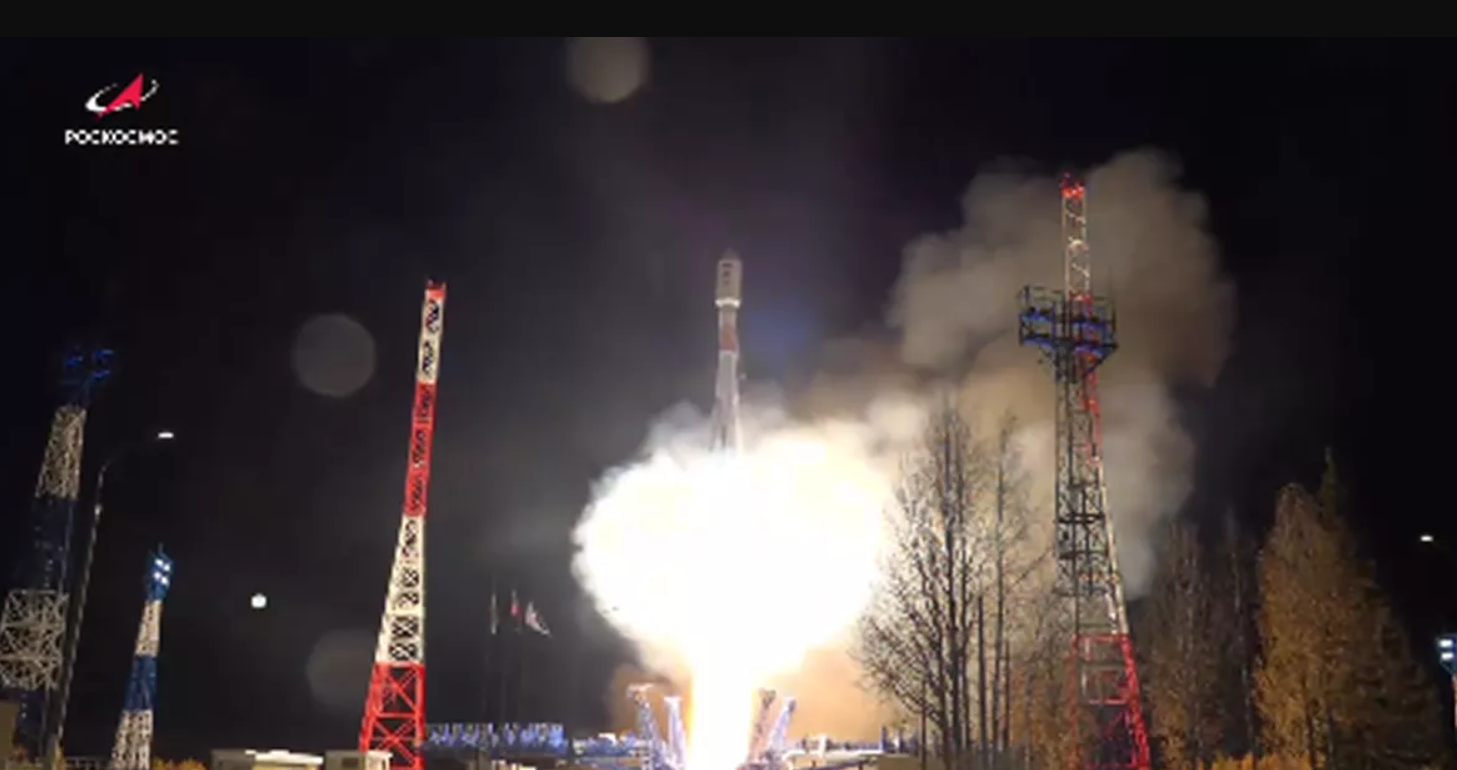
A Soyuz rocket carrying the fifth GLONASS-K navigation satellite launches from Russia’s Plesetsk Cosmodrome on Oct. 9, 2022.
References:
[1]Russia’s Glonass-K navigational satellite delivered into designated orbit – Science & Space – TASS

